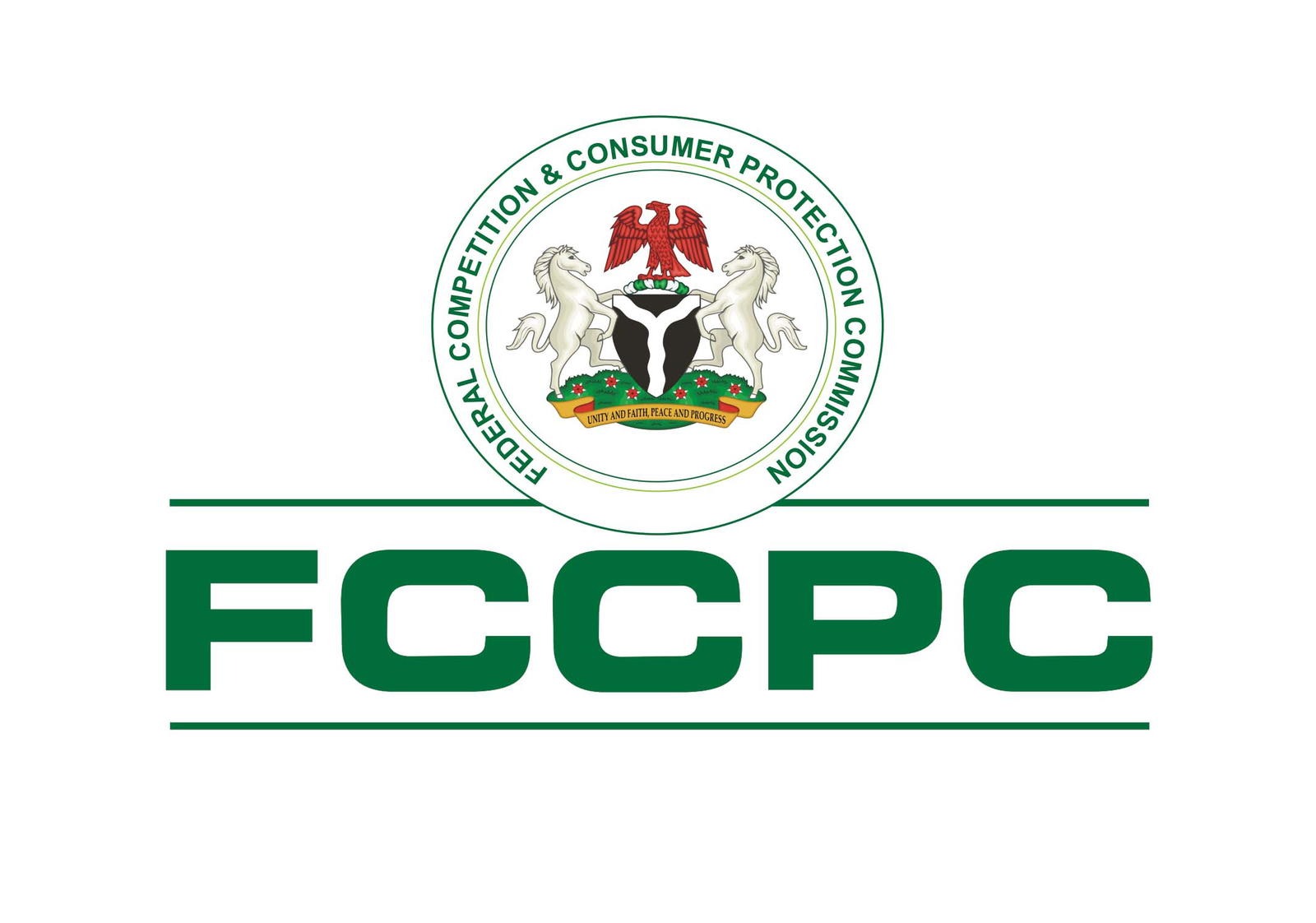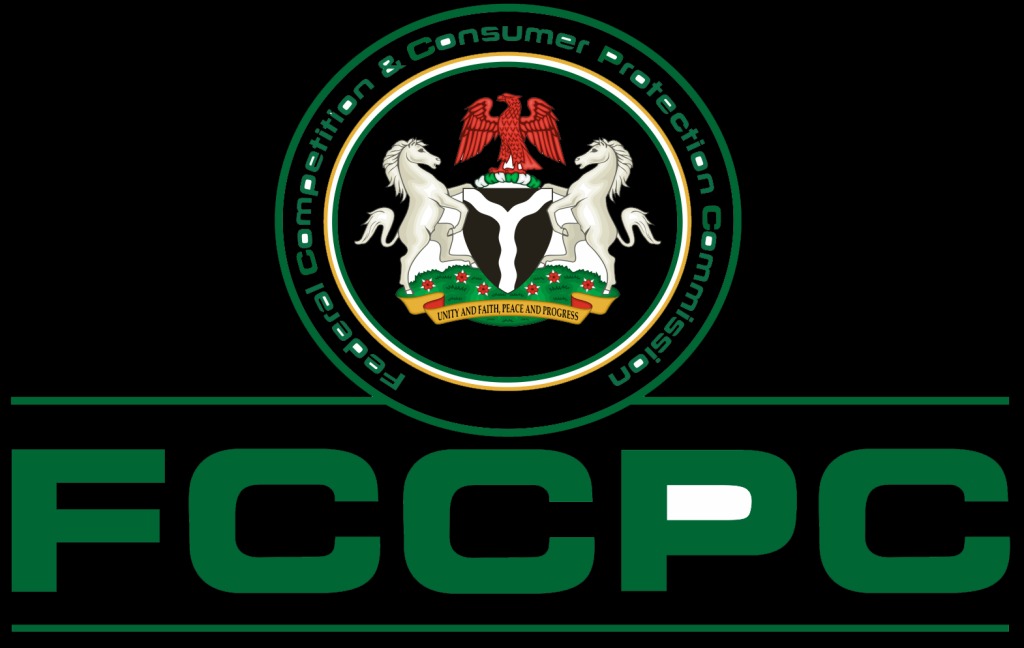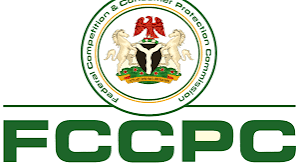The Federal Competition and Consumer Protection Commission (FCCPC) is not a Price Control Board, the Executive Vice Chairman, Mr. Tunji Bello, has said. He spoke at the 2025 World Consumer Rights Day celebration today, in Abuja. According to him, there has been a misconception among some members of the public who expect the FCCPC to …



